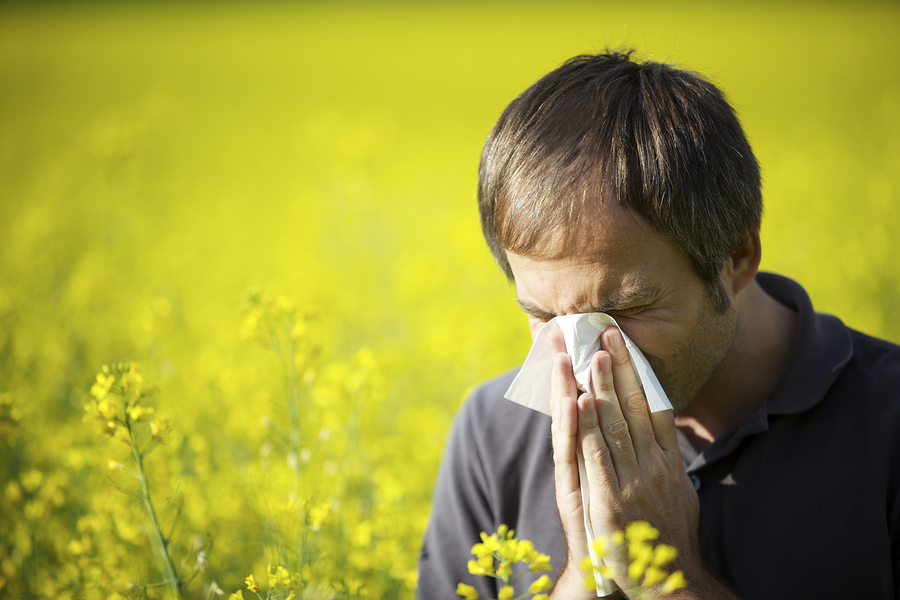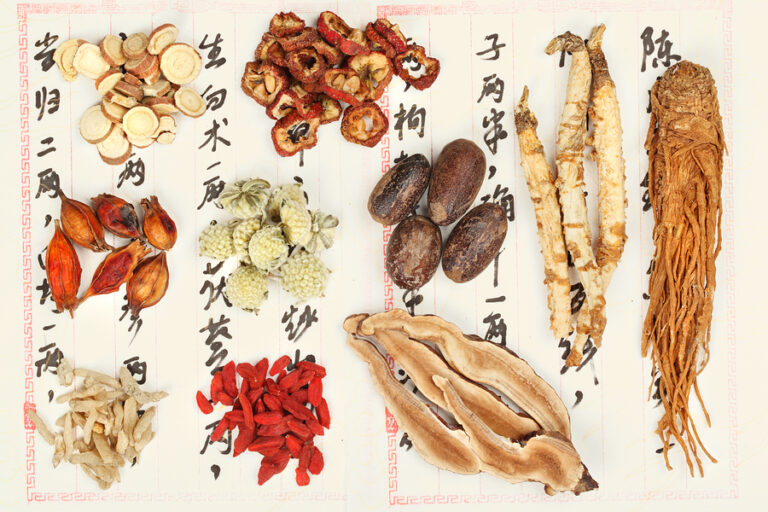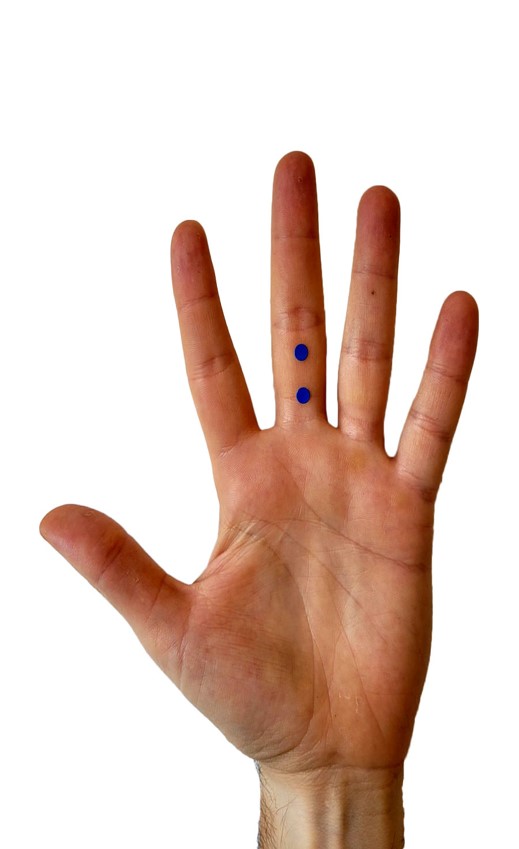Is your nose constantly dripping? Acupuncture can help you!
Allergic rhinitis is a common phenomenon that occurs due to hypersensitivity of the immune system.
The treatment at the clinic using Chinese medicine approach of using Acupuncture with Chinese herbal medicine and dietary advice has the ability to balance the immune system and reduce significantly with the symptoms of this condition.
Allergic Rhinitis – General Background
Allergic rhinitis is a disease associated with a variety of symptoms (the subjective sensations of the patient) characterized by multi-sneezing, constant presence of rhinitis, nose itchiness, and partial and sometimes even complete blockage of the nasal passages. Sometimes there is inflammation of the larynx as a result of inhaling certain elements which stimulate the immune system. These elements are called allergens (allergen – something that causes an allergic reaction). It is still unknown why allergens such as dust, animal hair, pollen (especially during the blossoming springtime) cause in some people a hyper-reactivity of the immune system leading these disease symptoms. This immune system hyper-reactivity is called an allergy, and it is very common in the Western world in men, women and especially in young children. As the age group increases the disease disappears. Most patients with the disease have a history of diseases such as asthma, atopic dermatitis (asthma of the skin) and sinusitis.
Allergic Rhinitis – Types
Allergic rhinitis is divided into two main groups – seasonal allergic rhinitis (for example the most common one is the one which appears in springtime) and year-round allergic rhinitis.
Seasonal allergic rhinitis is often called “hay fever” and is divided into three types:
- Hay fever characteristic of autumn – caused by the pollen of weeds.
2. Hay fever characteristic of summer – in this case usually grass pollen would be the cause.
3. Hay fever characteristic of spring – usually allergens are the cause of this condition.
Year-round allergic rhinitis, as it’s name implies, lasts all year round, and is mostly caused by dust or animal hair, as well as certain foods such as eggs, peanuts and more.
Allergic Rhinitis – Signs and Symptoms
Symptoms include a prickly itch in the nose, throat, and eyes. This is accompanied by an accumulation of clear fluids, sneezing and tears. It is also often accompanied by headache, loss of appetite, low mood and sleep problems. Coughing and wheezing/asthma can develop as a result of an advanced condition of allergic rhinitis.
Allergic Rhinitis – Western Treatment
Conventional medicine diagnoses this condition by collecting information about the patient’s symptoms and conducting testing for allergic involvement. The most common treatment will be that of antihistamine medicines (histamine is one of the substances that is secreted in the body as a result of the immune system’s hyper-reactivity), together with medicines that target specific symptoms – for example in the case of cough, a medicine to dilate the trachea will be given. Unfortunately, these medicines have various side effects which patients may also be subjected to in addition to the original disease symptoms. It is to be noted that after prolonged use of these drugs the body develops resistance to them and the drugs stop being effective.
Chinese medicine definitely has solutions to offer for this disease!
Allergic Rhinitis – Chinese Medicine
Chinese medicine sees this condition in two possible ways –
- External factors that penetrate the body and weaken it.
- Weakness of internal organs which are responsible for the body’s immune system and digestive system.
These external invaders are defined in Chinese medicine as the “Six Evils”, and they include – wind, cold, heat, humidity, dryness, and summer heat (a more severe condition of heat).
In this disease, there is an invasion of wind. Wind is a pathogen that usually does not come alone and can be joined by other “villains” such as cold, heat, humidity and dryness. In the initial stage it will usually be an invasion of cold wind accompanied by symptoms such as itching in the nose (itching in Chinese medicine is very much related to wind due to the rapid and unexpected movement of the itching itself), blockage of the nasal passages, sneezing, and a runny nose with mostly clear and transparent fluid (in the case of wind-heat the mucous will be viscous and yellow, due to the effect of heat on the fluids, causing them to congeal and turn yellow).
The first organ involved in and affected by this external wind invasion is the lungs, the nose being the upper opening of the lungs from where external air enters the lungs and is distributed to the entire body.
There are also internal factors connected to the lungs. When the qi of the lungs is weak, and an external pathogen invades, there is nothing that can protect the body and expel the invader, resulting in a blockage that leads to blocked nasal passages. Lung qi movement is disturbed, leading to sneezing and fluid retention (a runny nose with clear fluid). Yet there is another internal weakness which is also related to the lungs. When the body’s immune system is not strong enough to repel invaders from the body, disease occurs.
According to Chinese medicine, the lungs and spleen are closely related to the body’s immune system, and therefore their weakness can lead to immune deficiency. At times we may see people who suffer from allergic rhinitis due to an improper diet which is directly correlated to the weakening of the digestive system and the organ that heads it – the spleen. This state of affairs is very common in the Western world, due to the dietary habits of eating cold and oily/fatty foods. Cold foods such as fresh vegetables, dairy products, large quantities of sweets (sugar, chocolate and processed foods) all damage and weaken the spleen.
The spleen is the body’s fluid regulator according to Chinese medicine. The spleen receives food directly from the stomach and separates the pure extracts that become essential substances – qi, blood, vital body fluids – from the turbid fluids that eventually become feces. When the spleen is weak due to improper nutrition, it has difficulty performing its task of breaking down the extracts into the pure and the turbid, resulting in accumulation of fluids in the body. As a result, when an external pathogen invades the body, the body has no ability to cope, and the protective qi, the body’s immune system, has difficulty to fight and expel the invader, leading to a state of disease.
Allergic Rhinitis – the Effectiveness of Treatment
Allergic rhinitis will usually be treated solely by acupuncture, although sometimes when it is deemed necessary, a herbal formula may be added. Chinese medicine has many years of experience in treating this condition with high cure rates. Of course, it is important to remember that each case is treated individually and variables such as the duration of the disease, the patient’s age and general strength (constitution) may affect the length of the treatment and the cure percentage.
Allergic Rhinitis – General Tips
- Children – nutrition is a significant and important factor: avoiding the “three whites” – white sugar, white flour and dairy products and adhering to a proper diet for the child significantly reduces the symptoms of disease.
- It is important to find the allergen that triggers the immune system and then to avoid exposure to that specific allergen. Obvious, is it not? Well, many people people continue to suffer without making any changes in lifestyle and habits.




